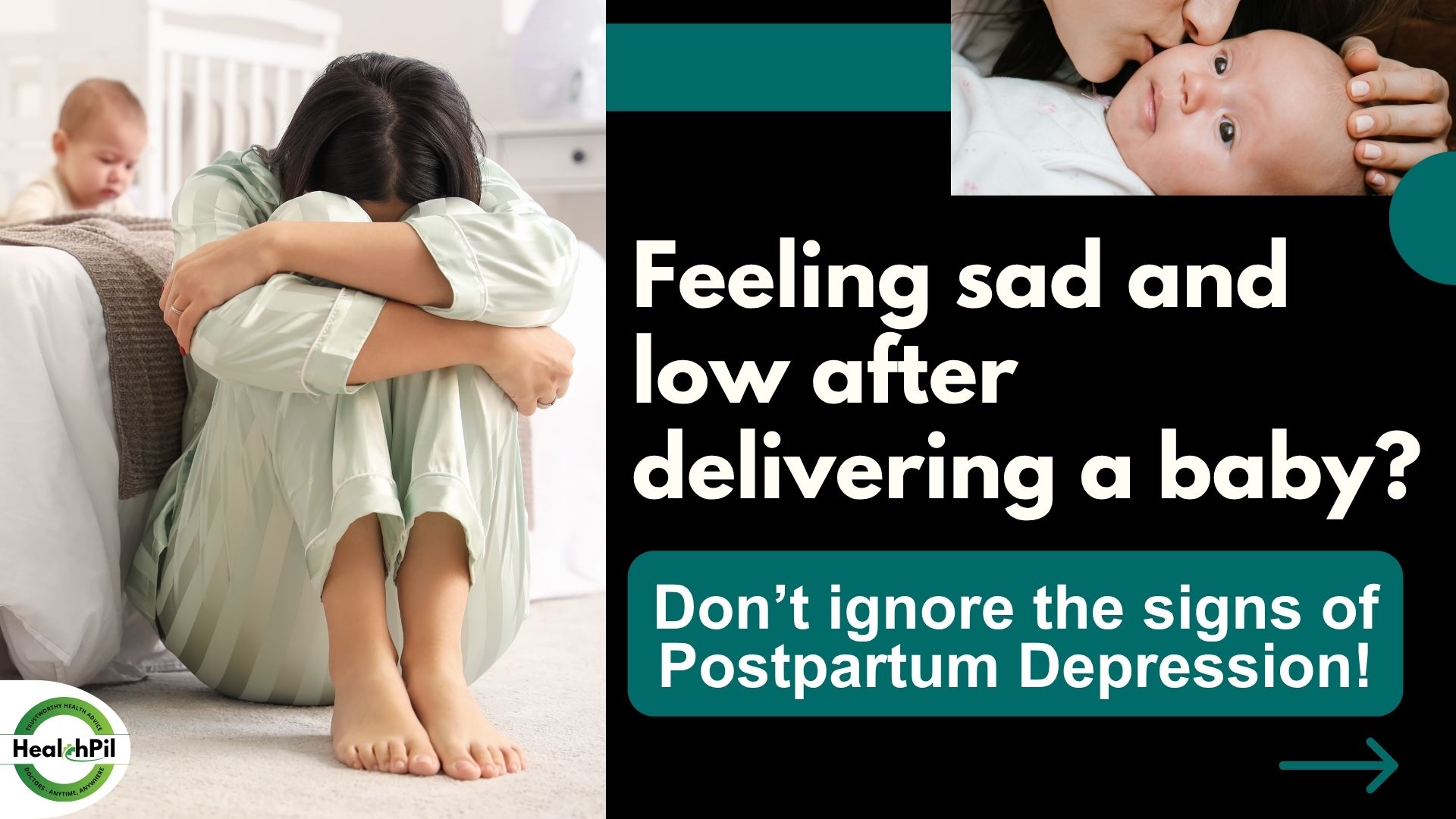
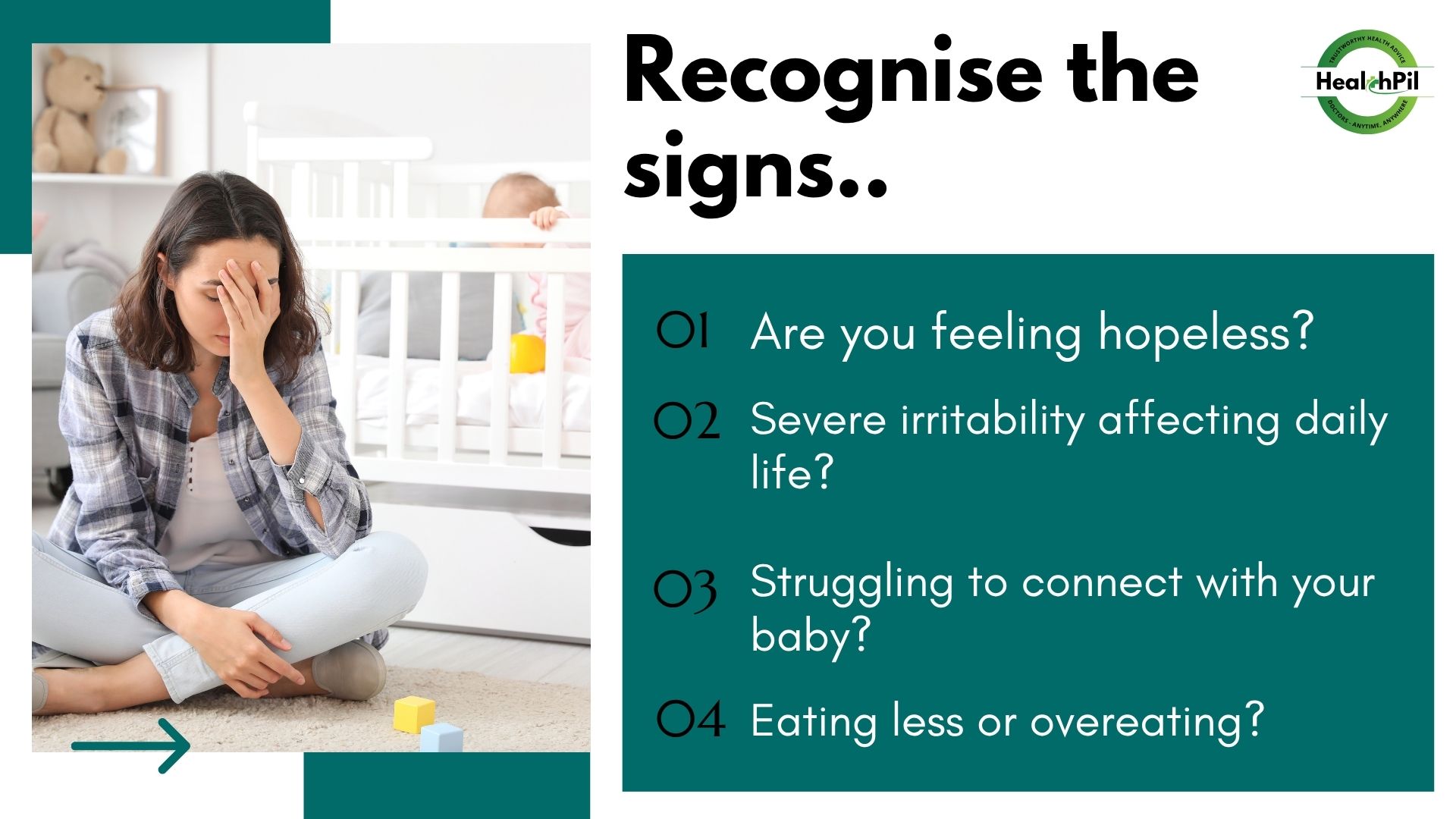
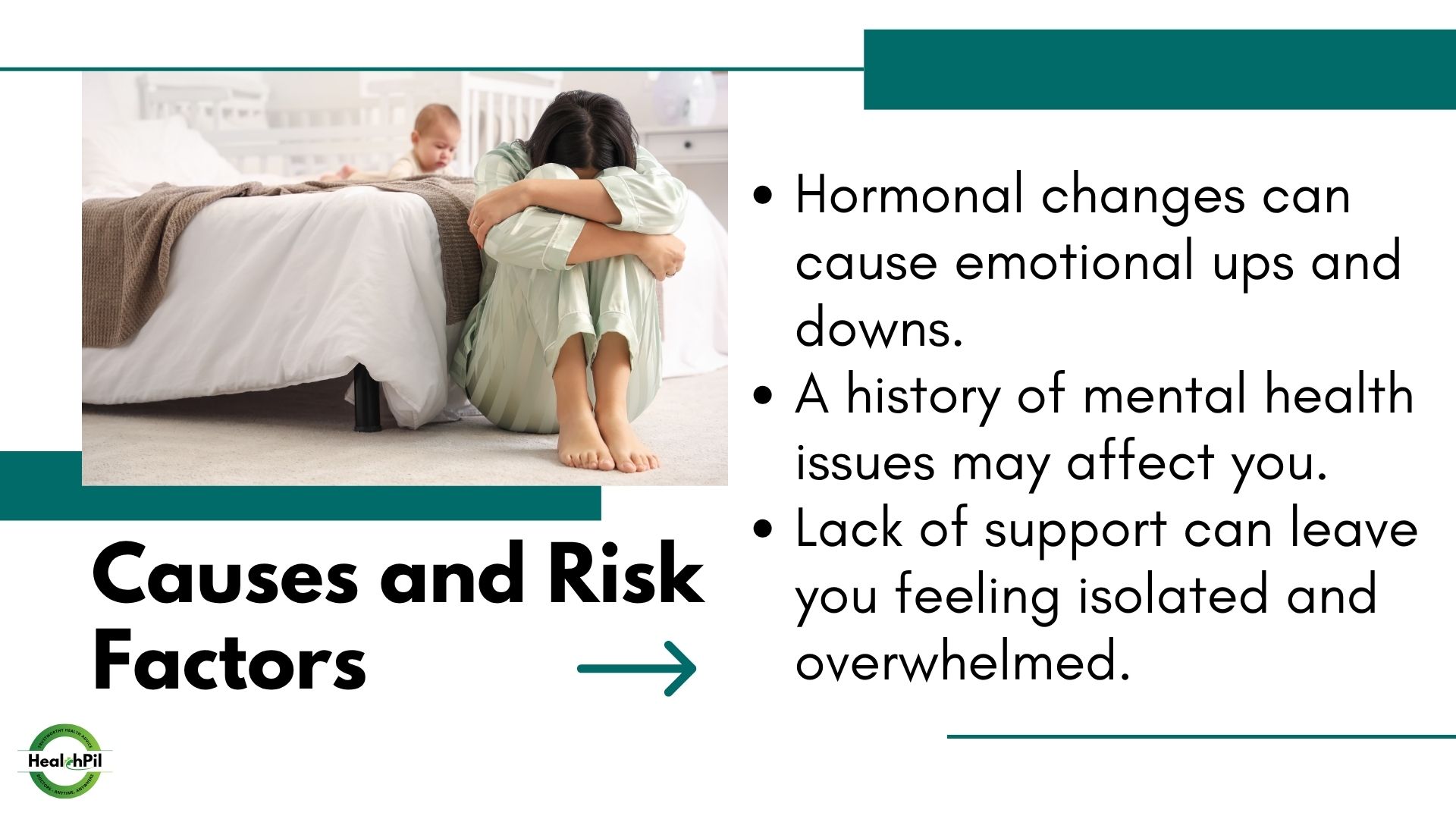
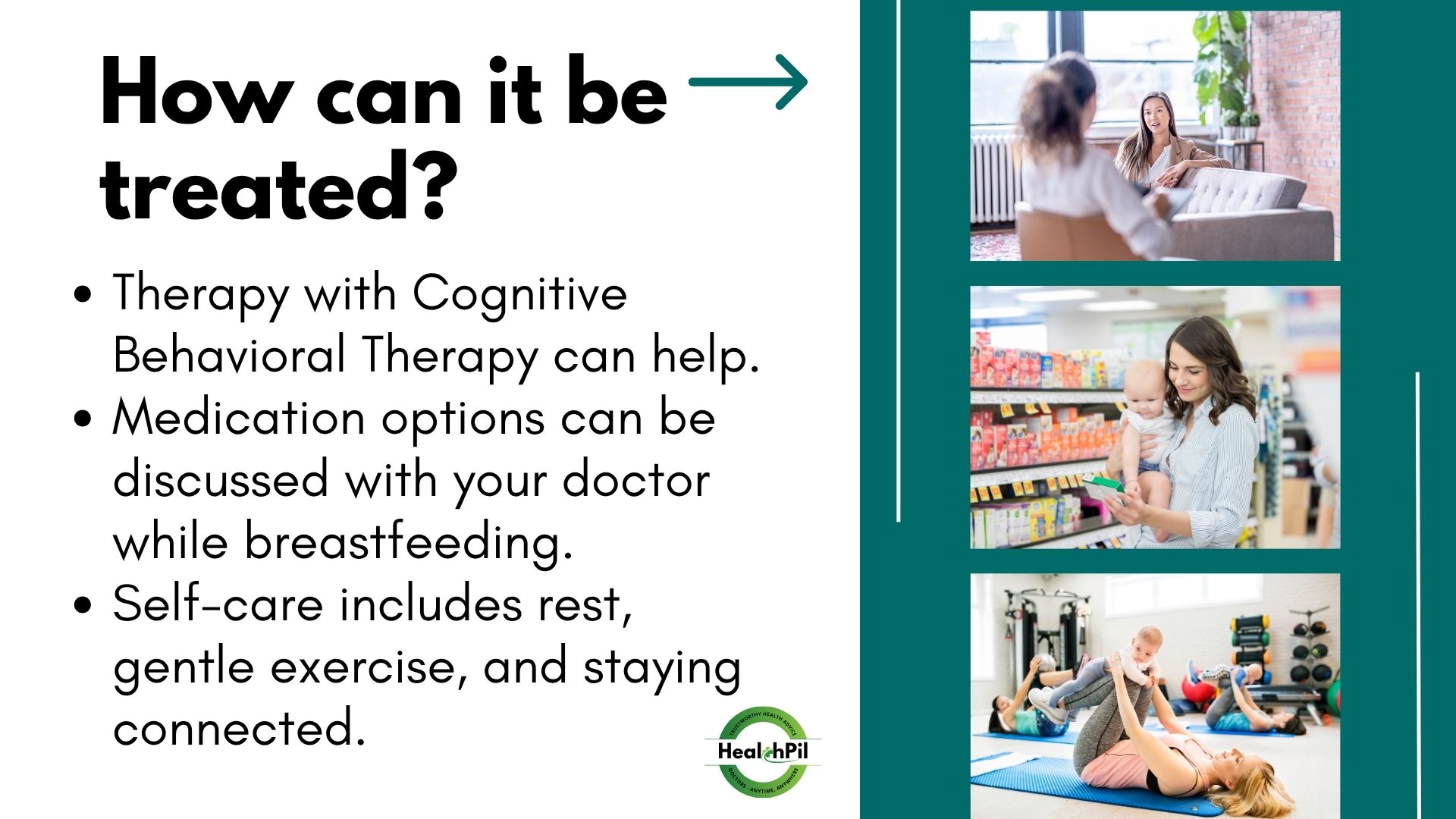
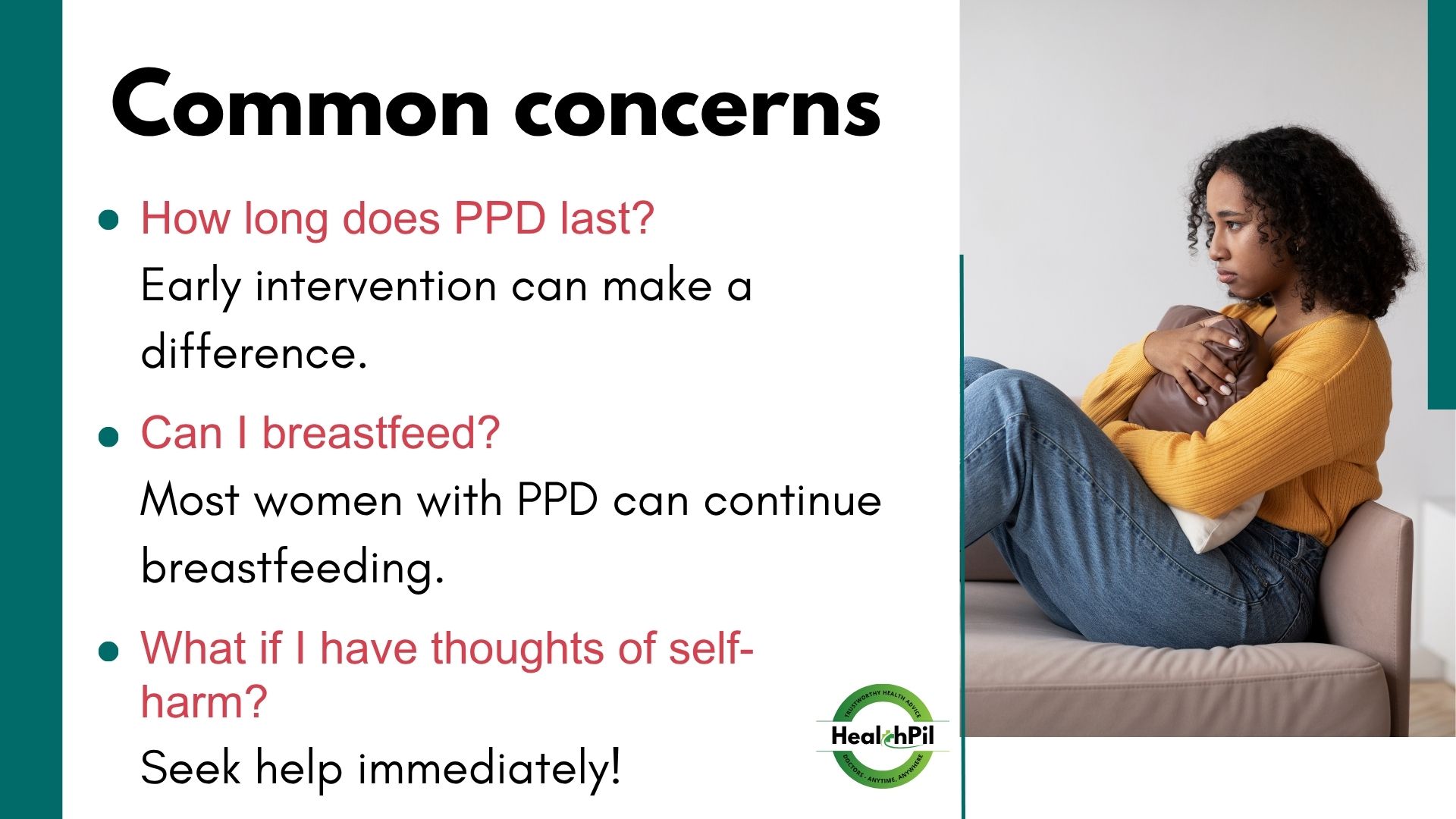
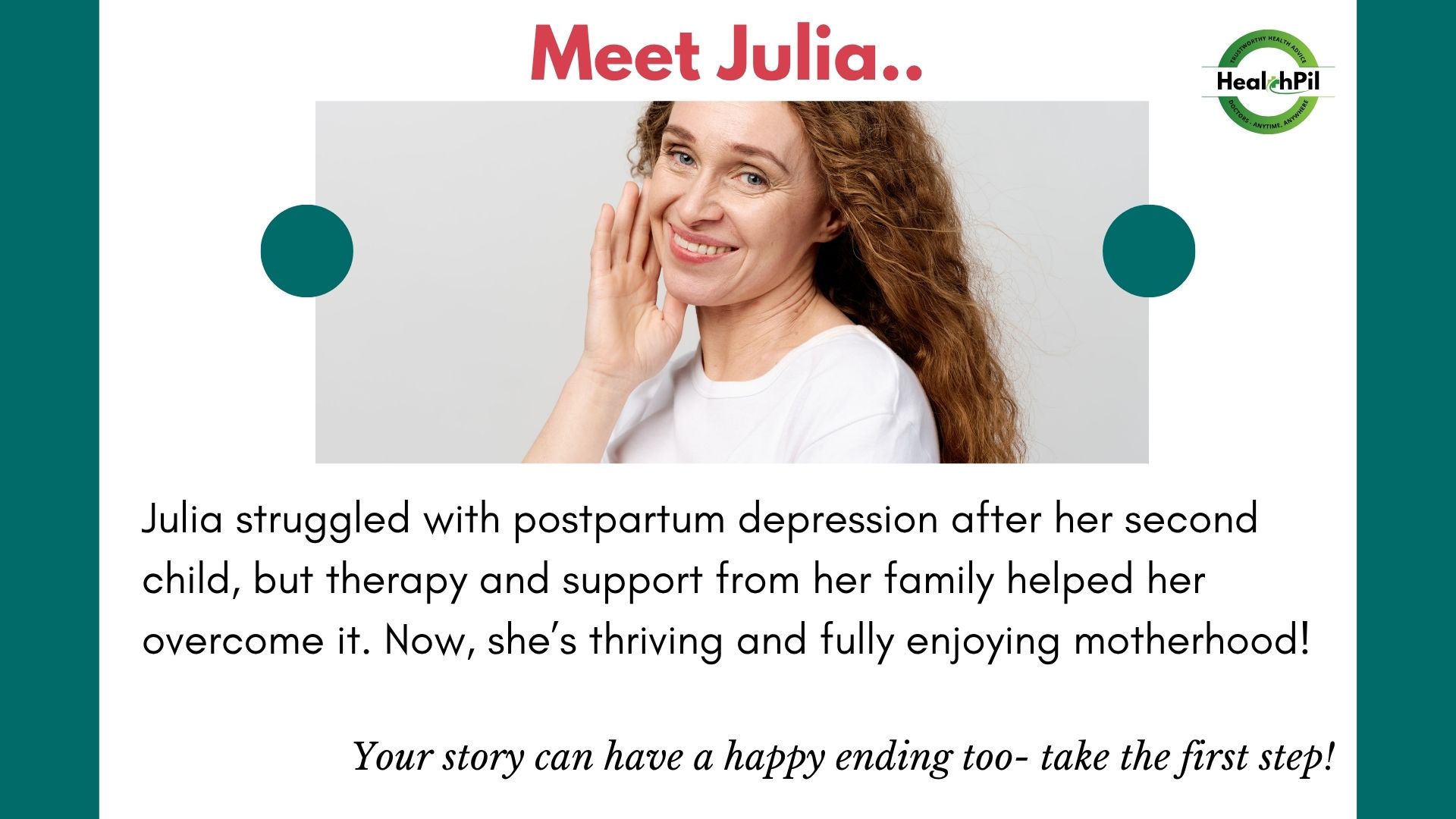
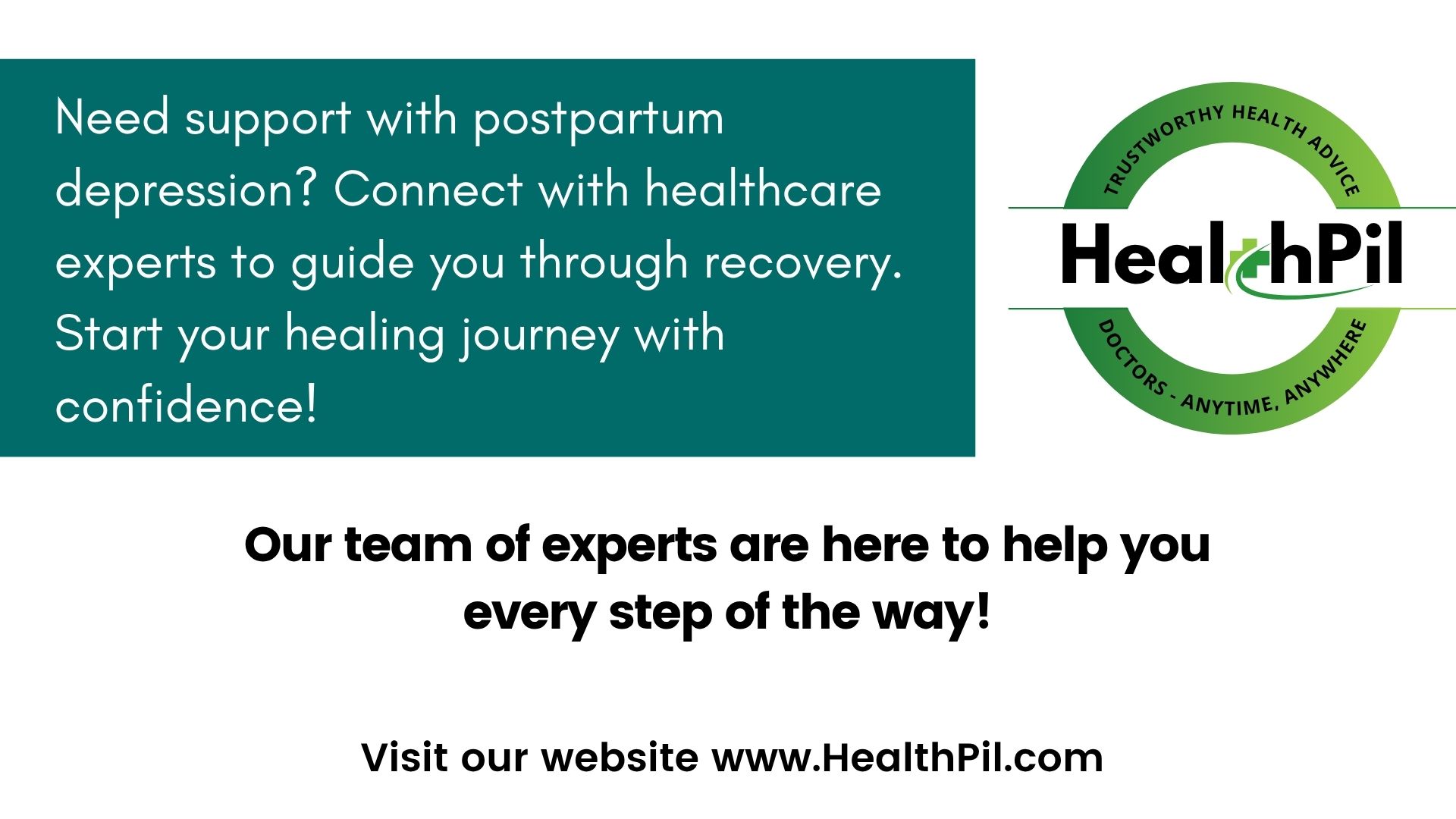
Understanding Postpartum Depression: A Journey to Healing
Postpartum depression (PPD) affects around 1 in 7 women after giving birth, but many don’t speak up because of stigma or simply not knowing what to look for. It’s really important for new moms and their families to understand PPD—its symptoms, causes, and how to treat it. In this article we will help you recognize the signs and know how to get the support needed to manage it.
What is Postpartum Depression?
Postpartum depression is a serious mental health condition that can happen after childbirth. Unlike the “baby blues”—which are common mood swings and sadness that usually fade within a couple of weeks—Postpartum depression (PPD) can really take a toll on a mother’s ability to care for both herself and her baby, often needing professional help to manage it.
Recognizing the Symptoms of PPD
Symptoms of postpartum depression can vary but may include:
● Persistent sadness or feelings of hopelessness
● Loss of interest in activities once enjoyed
● Severe mood swings or irritability
● Difficulty bonding with the baby
● Changes in appetite or sleep patterns
● Fatigue or low energy
● Thoughts of self-harm or harming the baby
If you experience any of these symptoms, seek help from a healthcare provider.
Causes and Risk Factors of PPD
● Hormonal Changes: The fluctuations in hormones during and after pregnancy can have a big effect on your mood.
● Emotional Factors: Stress, anxiety about parenting, or feelings of inadequacy can contribute.
● History of Mental Health Issues: A prior history of depression or anxiety can increase the risk.
● Lack of Support: Insufficient support from partners, family, or friends can exacerbate feelings of isolation.
Treatment Options for PPD
1. Therapy:
● Cognitive Behavioral Therapy (CBT): Helps individuals identify and change negative thought patterns.
● Support Groups: Connecting with other moms who have gone through PPD can offer valuable emotional support and help you feel understood and less alone.
2. Medication:
● Antidepressants: Some medications are safe to use while breastfeeding and can help reduce symptoms of postpartum depression.
3. Self-Care tips:
● Prioritize Rest: Sleep can be hard to come by with a newborn, so don’t hesitate to ask for help so you can rest.
● Engage in Physical Activity: Light exercises like walking can help lift your mood and boost your energy.
● Stay Connected: Keep in touch with friends and family, and make sure to talk about your feelings with people you trust.
Frequently Asked Questions
How long does postpartum depression last?
Schedule your check-up for about six weeks after delivery, or sooner if you have concerns.
Can I still breastfeed if I have PPD?
Yes, most women with PPD can continue breastfeeding. Consult your healthcare provider for advice.
What should I do if I have thoughts of self-harm?
Seek immediate help from a healthcare professional or contact emergency services.
Is postpartum depression the same as postpartum psychosis?
No, postpartum psychosis is a more severe condition that requires immediate medical attention and is rarer than PPD.
How can I help a friend who might have PPD?
Encourage them to seek help, listen without judgment, and offer support in practical ways.
Conclusion
Postpartum depression is a serious but treatable condition that affects many new mothers. By recognizing the symptoms, understanding the risk factors, and seeking appropriate treatment, mothers can reclaim their mental health and enjoy their journey into motherhood. Remember, support is available—don’t hesitate to reach out for help.
Disclaimer
The information provided in this article is for awareness purposes only and should not replace professional medical advice. Always consult your healthcare provider for personalized medical guidance.
How HealthPil can help?
HealthPil Is Always Here for YOU!
● Need Guidance? Connect with healthcare experts ready to help you navigate gestational diabetes.
● Join Our Community: Gain access to tips, resources, and support from mothers just like you!
● Don’t Delay—Take Action! Your health and your baby’s future are too important to wait!
Contact HealthPil today and empower your pregnancy journey!
